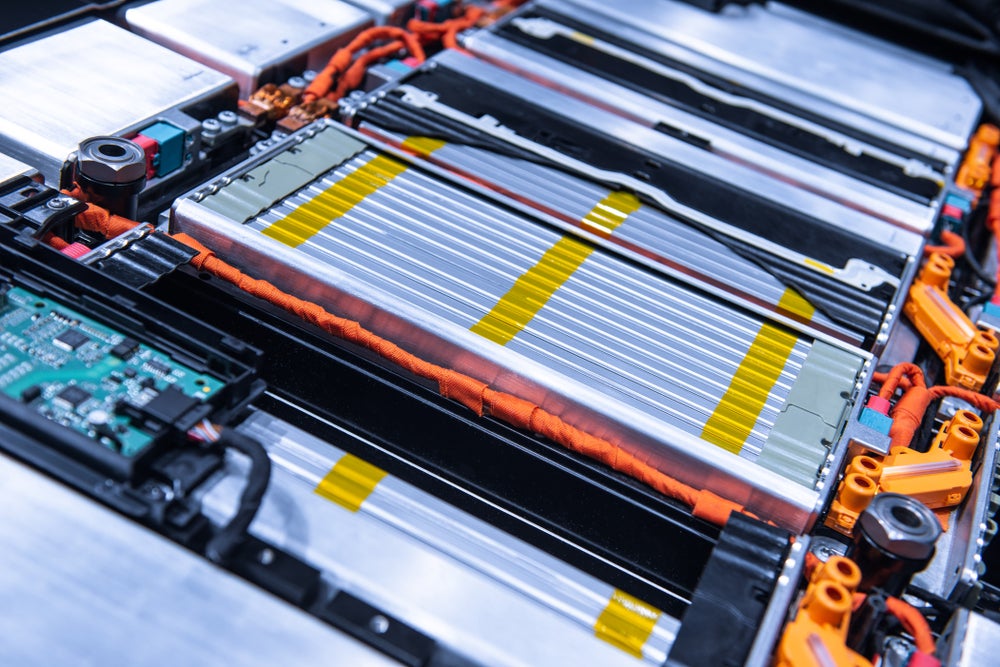
The government of Thailand has started negotiations with China’s Contemporary Amperex Technology Co (CATL) aiming to incentivise battery production to the country.
CATL is the the world’s largest electric vehicle (EV) battery supplier by market share. The deal would see the company , open a first factory in south-east Asia. The Chinese battery manufacturer has recently been making strides in its battery technology. These including a supposed 500Wh/kg battery announced as having the energy density to power a passenger aircraft. The company also sells EV batteries to auto-manufacturers such as Ford, Tesla and Volkswagen.
Narit Therdsteerasukdi, secretary general of Thailand Board of Investment, said: “We are talking to many companies, not only CATL but many companies in the battery industry. […] This is one of our goals, that we would like to attract battery cell producers to set up their factory in Thailand.”
Thailand’s EV strategy
The talks come as part of a government strategy to turn the country into an EV hub. The country has offered tax incentives and subsidies for EVs, including a reduction of import tariffs of up to 40%. With an aim of reaching 30% EV adoption by 2030, they are offering a subsidy of between $2,057 and $4,409 for each individual electric car produced.
Thailand was noted as an EV market of heavy growth and potential by the International Energy Agency in April. In 2021, Taiwan’s Foxconn partnered with Thailand’s state-owned energy firm PTT in a $1.04bn joint venture to produce EVs in the country. The pair’s EV factory will begin operations in 2024 with an initial EV productive capacity of 50,000 per year. In 2020, Great Wall motors purchased General Motors’ Thai plant and have since invested $334M in EV production in the country.
Young Liu, Foxconn chairman, said: “Regarding PTT’s development in EV and battery charging infrastructure, Foxconn can contribute our expertise and technology to gradually build a complete and vertically integrated EV industry in Thailand. Through this open model and local industrial advantages, we believe that Thailand will become a leader in the global EV evolution”.



